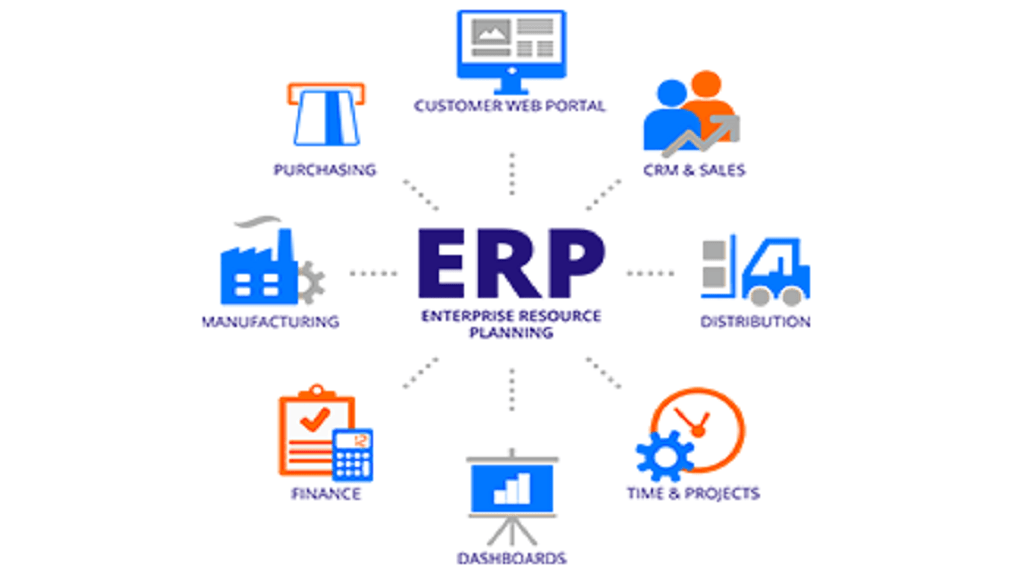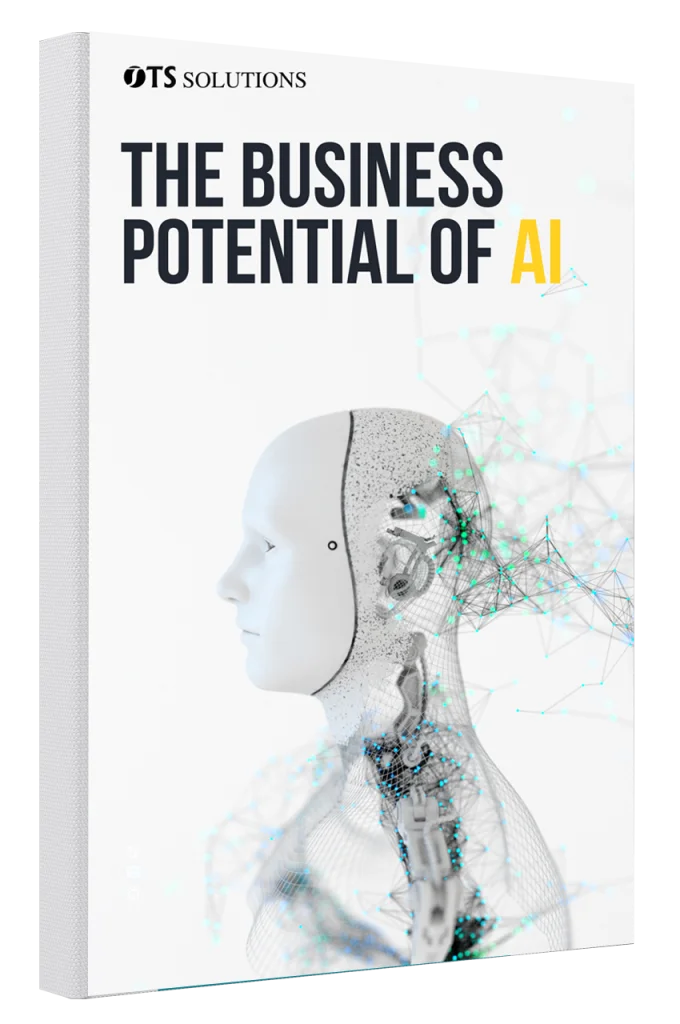The 5 Keys to Selecting the Right ERP Software
ERP Software: The five Keys To Selecting The Right Software
Sustaining a business over a long period requires lots of financial backing and plenty of hard work. Depending on the niche you’re in, these requirements can vary wildly making it difficult to find support. That said, more so than anything else, what every business needs to be on top of is management. More specifically, well-rounded management of data and other business processes is what allows a business to stay afloat. This is where the importance of ERP software solutions comes into play. Also known as an Enterprise Resource Planning tool, it allows a business to not only manage a large database of business processes but also integrate them efficiently within the business. Better yet, this is done through a centralized platformed that provides real-time useful results.
However, one of the only drawbacks to ERP software solutions is finding which one out of the many options available on the market is best for your business. What makes this process a bit more confusing is the fact that some ERP tools prioritize specific functionalities over others. In other words, choosing the wrong ERP tool with the wrong prioritized functionalities can do more harm to your business than benefiting it. In turn, choosing the best software can be transforming for the business using it in regards to giving a giving it a competitive edge. With this in mind, let’s go over five important keys to selecting the right ERP software.
1: Choose Based Off Of Cloud Infrastructure
When it comes to selecting the right ERP software development for your business. Perhaps the most important key to factor in is the Cloud Infrastructure. This stems from the fact that most ERP software come in different types. Ranging from on-cloud to partial-cloud types. Finding the right one can help produce relevant and efficient management capabilities for a business. More so than that, this serves the purpose of seeing if a specific ERP software development tool. It can be used as a potential long-term technical fit as opposed to a short time solution. As an overall rule, never change your business infrastructure to match a software, look for a software that matches your business.
Need Help With App Development?
Our experts can help you in developing your next world class custom applications.
2: Review More Than One Software At Once
On the non-technical side of selecting software, another important tip you can use is researching more than one software at a time. This is a process that the most prominent businesses and corporations have used to find the best match for them. This process helps find good software by weeding out the options by process of elimination. As far as what to take into account during this process, looking for software that matches your business qualities and goals will speed up the time it takes to find a good fit.
3: Factor In Management Data Amount
As mentioned before, one of the main reasons why businesses look into getting this tool is for the data management capabilities it has. For this reason, the amount of data your business needs to manage is another important key to keep in mind. An ERP software simply isn’t worth the investment if your business doesn’t need to manage that much data in the first place.
4: Factor In Costs Of Implementation
Like any other business investment your business will make. You need to factor in the cost of that investment against the amount of revenue or profit it might bring you. This same rule applies when choosing an ERP system. More than anything, make sure to factor in the cost of using it. Against how much it will benefit your business with its management capabilities. Not factoring in costs is one of the most common mistakes new user make when selecting this tool. In extreme cases, be aware of the fact that not doing so can result in costly and unrecoverable mistakes.
5: Factor In Business Goals
Last but not least. The most obvious key to consider to select the right ERP tool are the goals your business has. More specifically, this is in regards to the management goals your business has to take on. Similarly to factoring cost, this key serves the purpose of determining whether the software is worth the investment. Once again, there is no reason to invest in ERP software if the goals your business has do not match the main capabilities of the tool.
Need Help With App Development?
Our experts can help you in developing your next world class custom applications.








